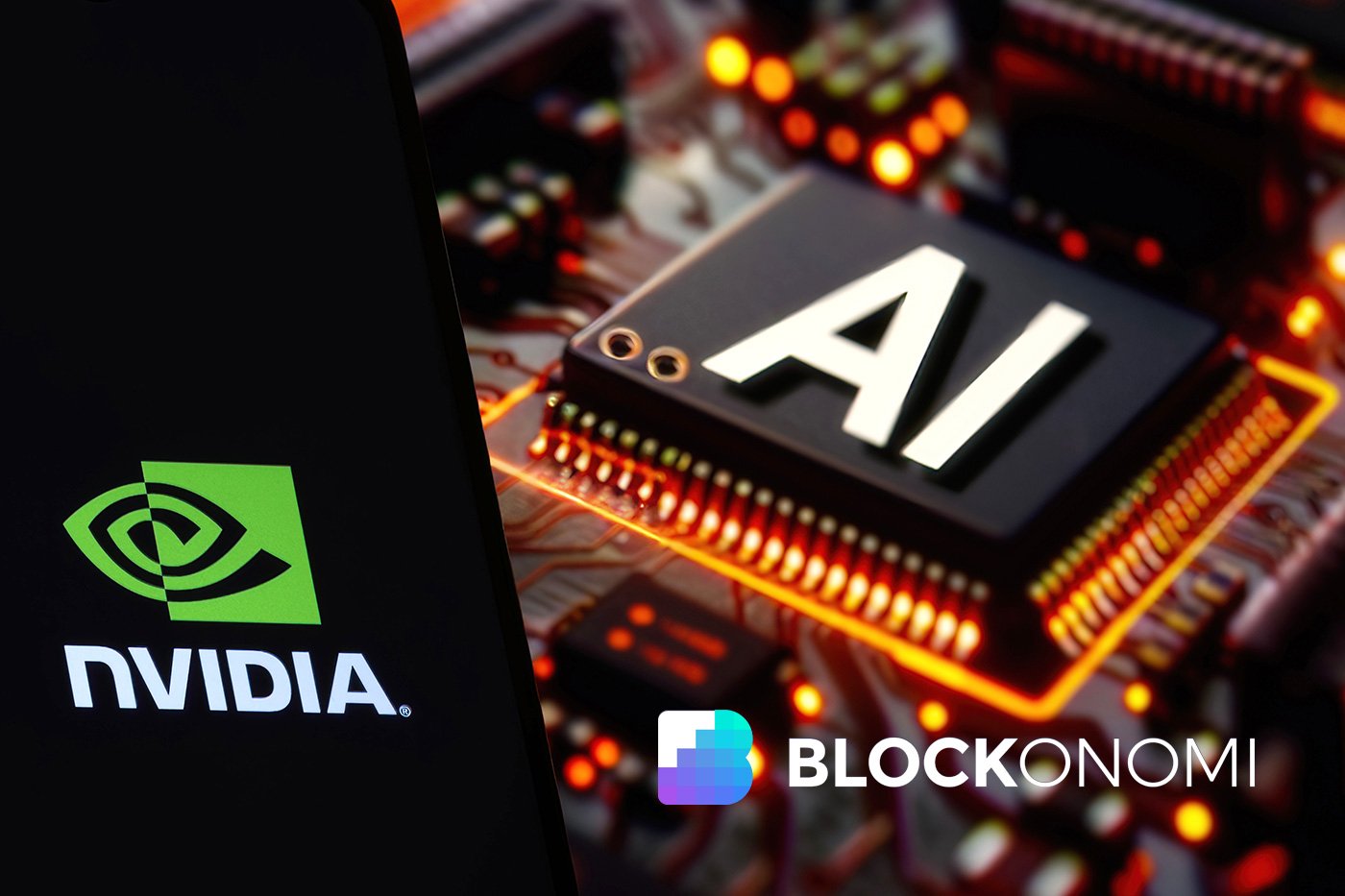
Google Gains Ground in the Chip Market
The landscape of AI technology is shifting rapidly, with Google making significant progress in establishing its tensor processing units (TPUs) as serious contenders in the chip industry. Google’s advancements are challenging Nvidia’s dominance, affirming its TPUs as a viable solution for AI infrastructure and machine learning workloads.
Meta’s Game-Changing Move
Reports reveal that Meta is in discussions to adopt Google’s TPU chips in its data centers by 2027. Additionally, Meta may start renting these advanced chips from Google Cloud as early as next year. This strategic move positions Google as a key player in the AI market and could validate the TPU technology as a competitive alternative to Nvidia’s GPUs.
Meta, known for its significant AI infrastructure spending, is projected to invest between $70 billion and $72 billion in 2023 alone. This level of expenditure underscores the influence that Meta’s chip supplier choices will have on the tech industry—as well as the potential acceleration Google’s chip division could experience should this partnership solidify.
What Makes TPUs a Strong Alternative?
TPUs, introduced by Google in 2018, are application-specific integrated circuits designed specifically for machine learning tasks. Unlike Nvidia’s GPUs, which were initially optimized for video game rendering, TPUs excel in handling AI training and inferencing workloads. By tapping into Google’s experience in AI model development—such as advancements with Gemini models—the TPU designs undergo a continuous feedback and refinement cycle, giving them an edge over competitors.
An Industry Diversifying Chip Suppliers
Tech companies have shown increasing interest in diversifying their chip suppliers, reducing dependence on Nvidia’s GPU technology. This push not only promotes healthy competition but also introduces innovative alternatives that can cater to the evolving demands of AI-based industries.
Analyst Jay Goldberg from Seaport describes Google’s recent deal with AI startup Anthropic for up to one million TPUs as “powerful validation” for the technology. As more high-profile partnerships materialize, the momentum behind TPUs is likely to grow significantly.
Google’s Growing Ecosystem: An AI Foundation
Google Cloud’s TPUs rely on the ecosystem of Google’s cloud platform. Enterprises looking to access TPUs and cutting-edge AI models like Gemini must run their workloads on Google Cloud. With forecasts indicating Meta will spend $40 to $50 billion on inferencing chip capacity in 2024, this could translate to exponential growth opportunities for Google Cloud’s enterprise segment.
Boost Your Data Efficiency with Google Cloud
If you’re a data-driven organization looking to explore cutting-edge AI solutions, Google Cloud offers a robust infrastructure powered by TPUs to elevate your business operations. Visit Google Cloud for more information on their TPU solutions and enterprise AI integrations.
Conclusion
Google’s advance into the AI hardware market with production-ready TPUs challenges traditional norms and creates opportunities for organizations to explore competitive AI solutions. As partnerships with tech giants like Meta and Anthropic emerge, the TPU ecosystem could be the next transformative force in machine learning technology.






